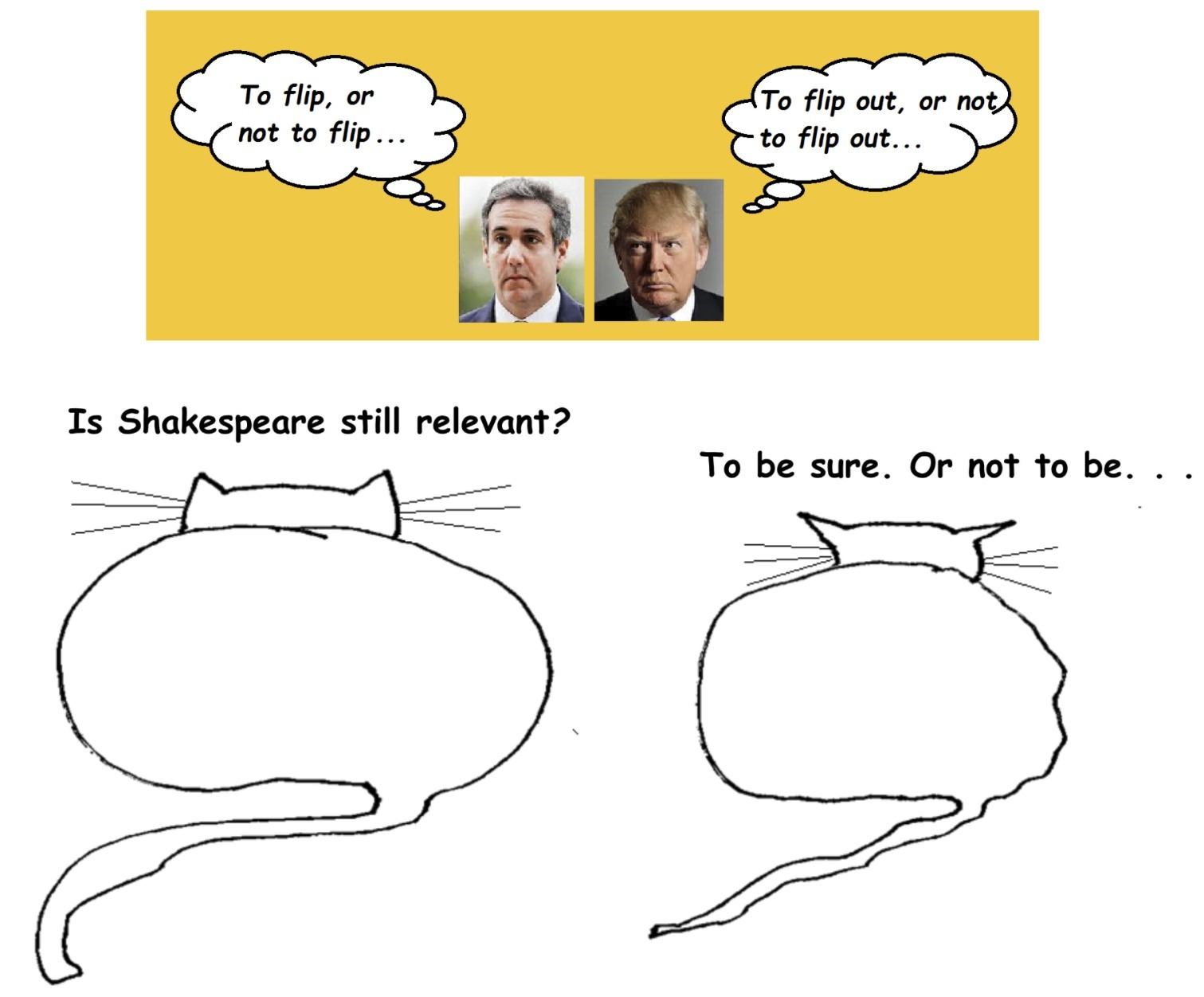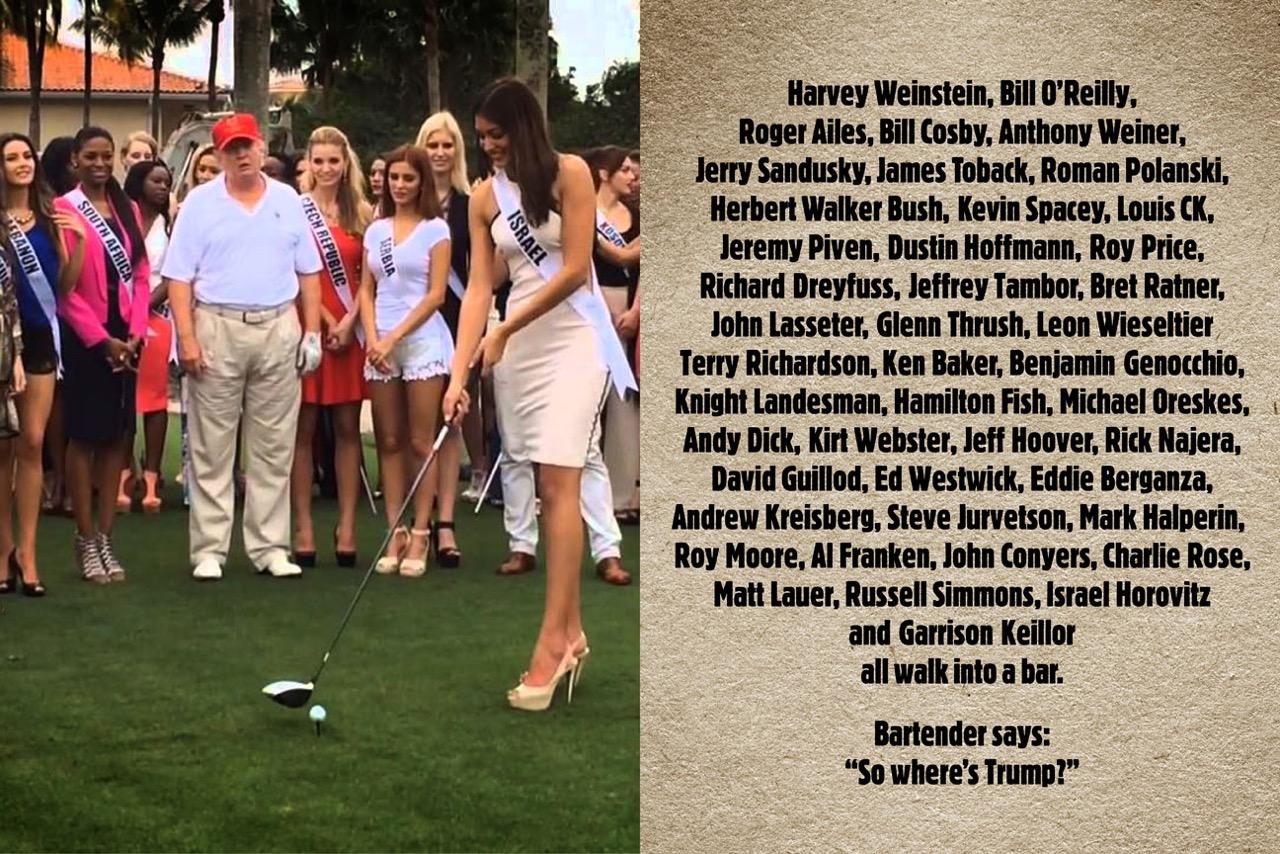by Michael Liss
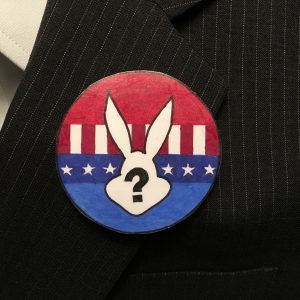 “You should look into this, perhaps write a little something about it.”
“You should look into this, perhaps write a little something about it.”
When Ed suggested something to you, it always emerged gently from his mouth as if on a cloud, and somehow morphed into a command by the time it reached your ears. He beckoned, I came, and now we were sitting together in one of his conference rooms, a MacBook and a bottle of unsweetened iced tea between us. My brand, in fact. It was a signal—he was telling me he knew, although we hadn’t talked in some time, that I’d gone cold turkey on Diet Coke. Of course he knew: he always knew, always was so wired in, always five steps ahead on everything. When we first met, roughly fifteen years ago, I had the absurd idea we were equals, but it took all of about a week for me to realize the central fallacy of that conceit. Still, he was remarkably good at recognizing and employing other people’s talents. And so, there would be a call or an email, and I would find myself conscripted to be a foot-soldier in Ed’s Army for some worthy cause.
I opened the iced tea, he clicked on a short YouTube clip, and I got my latest marching orders. Poke around, ask some questions, use that marvelous disguise of harmless late-middle age that allows me to pass unseen among men. Amass information, report back, write and post something. Topic: Bugs Bunny For President.
Of course, it sounds absurd, but, just how absurd is anything in politics these days? And Ed is a serious guy—if he’s lobbing this little gem at me, it means it’s not just him, but others in his happy little group are also considering it. So, on assignment, as it were, I’ve spent the last few weeks thinking, researching, looking at data, and talking to people. What I’ve found was that, the more I learned, the less irrational it seemed to be. Bugs Bunny for President. Doable. And desirable. Read more »

 A celebrated altercation between Benvenuto Cellini (1500-1571), the Florentine artist, and fellow sculptor Bartolommeo Bandinello (1493-1560) resulted in the latter exclaiming “Oh sta cheto, soddomitaccio.” [Shut up, you filthy sodomite!]. The accusation had merit in the legal sense at least since Cellini had indeed been accused of the crime of sodomy with at least one woman and several young men. The incident is oftentimes recalled in writings about the period as it provides a compelling illustration of the sexual appetites of the artists of the Renaissance.
A celebrated altercation between Benvenuto Cellini (1500-1571), the Florentine artist, and fellow sculptor Bartolommeo Bandinello (1493-1560) resulted in the latter exclaiming “Oh sta cheto, soddomitaccio.” [Shut up, you filthy sodomite!]. The accusation had merit in the legal sense at least since Cellini had indeed been accused of the crime of sodomy with at least one woman and several young men. The incident is oftentimes recalled in writings about the period as it provides a compelling illustration of the sexual appetites of the artists of the Renaissance.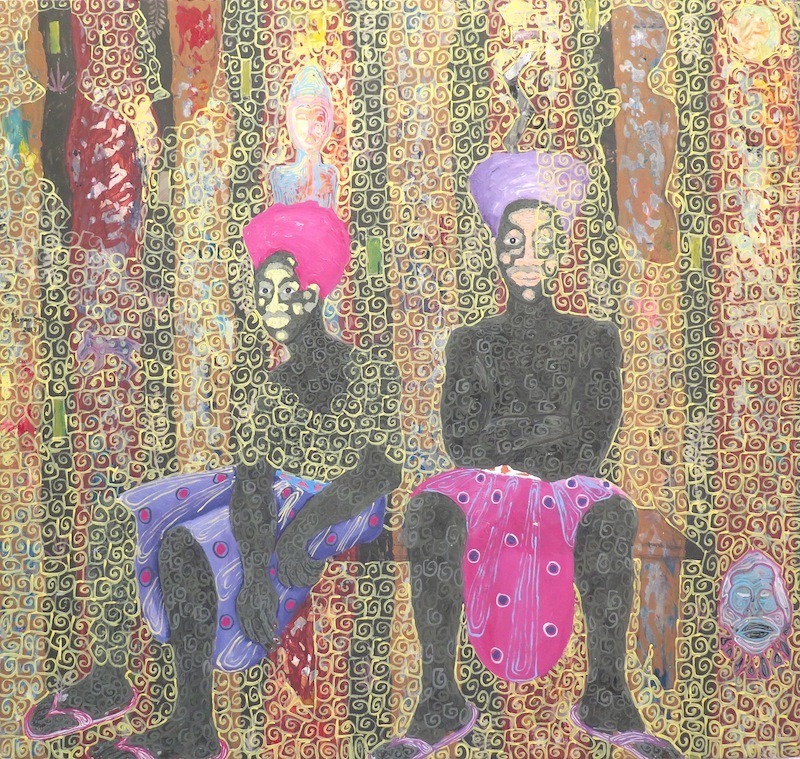
 What do 21st century American college faculty and 19th century Church of England Clergyman have in common? A surprising amount. This is one reason I would heartily recommend the novels of Trollope, Austen, and others to my colleagues in academia.
What do 21st century American college faculty and 19th century Church of England Clergyman have in common? A surprising amount. This is one reason I would heartily recommend the novels of Trollope, Austen, and others to my colleagues in academia.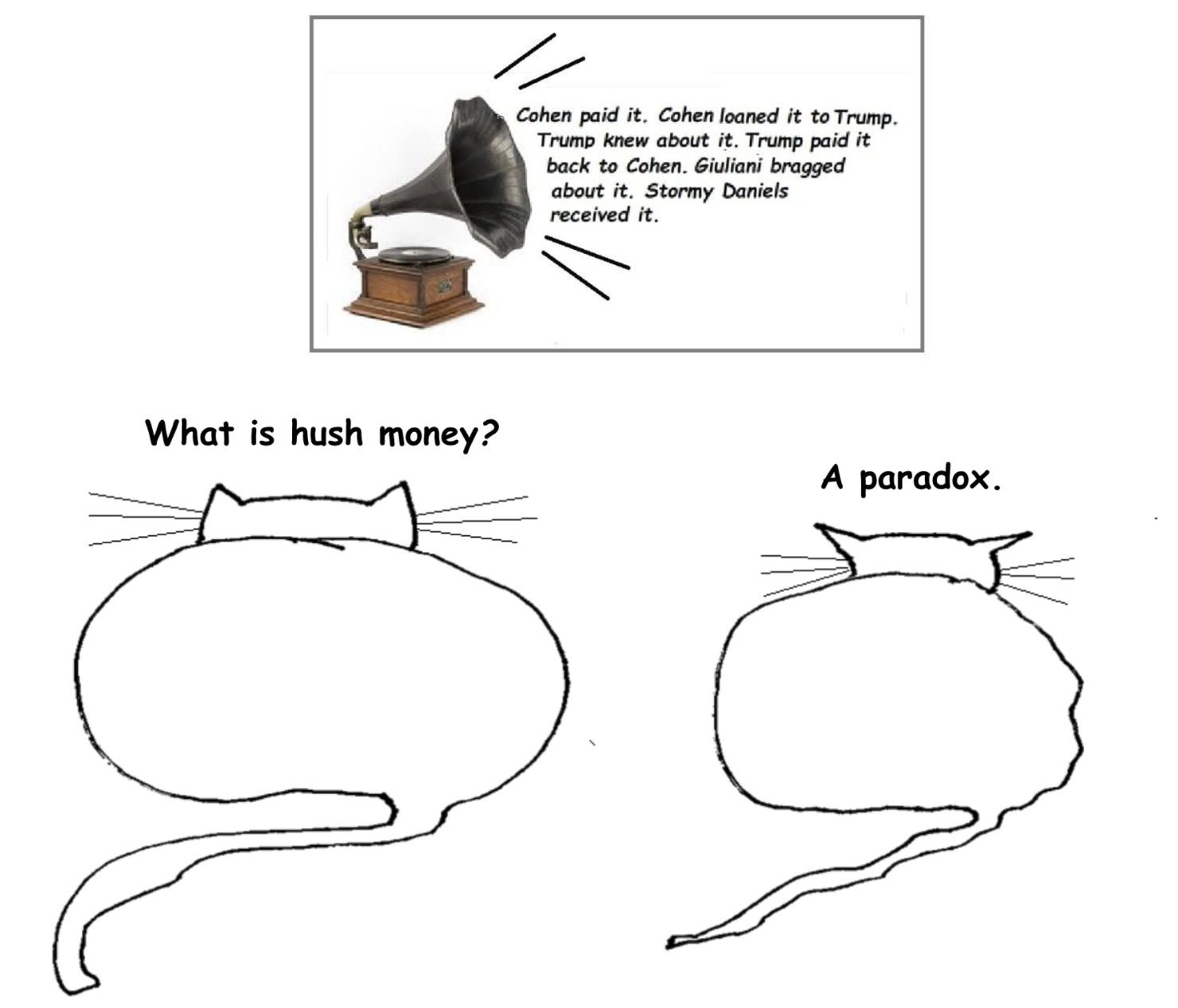
 Since 2014, various student societies at the University of Edinburgh have but on musical performances commemorating the first world war. This article takes a look at one performance in particular. The content is neither highly original nor particularly radical; others have written more insightful and more sophisticated pieces. It constitutes merely an attempt to formulate and to clarify what is problematic with these particular performances, thereby hoping to understand something about the greater memorial tradition in the United Kingdom. In other words, by examining how a nationalistic, martial and oppressive Erinnerungskultur is reproduced in an amateur to semi-professional context – be it deliberately or not -, we may see how these values become normalised and why it matters that this takes place in this particular context.
Since 2014, various student societies at the University of Edinburgh have but on musical performances commemorating the first world war. This article takes a look at one performance in particular. The content is neither highly original nor particularly radical; others have written more insightful and more sophisticated pieces. It constitutes merely an attempt to formulate and to clarify what is problematic with these particular performances, thereby hoping to understand something about the greater memorial tradition in the United Kingdom. In other words, by examining how a nationalistic, martial and oppressive Erinnerungskultur is reproduced in an amateur to semi-professional context – be it deliberately or not -, we may see how these values become normalised and why it matters that this takes place in this particular context.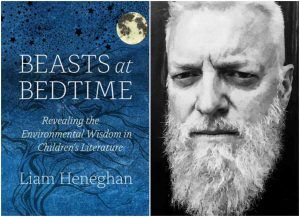 When my partner and I were expecting our first child, I remained obstinately distant from all parenting books. I had adapted, and taken to heart, Rainer Rilke’s advice to Franz Kappus about avoiding introductions to great works of art, and reckoning that, in the poet’s words, “such things are either partisan views, petrified and grown senseless in their lifeless induration, or they are clever quibblings in which today one view wins and tomorrow the opposite.” Rilke’s point seems to be that introductions do more to obscure our ability to reach the work of art than elucidate it. Since a child is, among other things, a living, breathing work of art, it took very little for me to translate the great poet’s advice to the work of child-rearing. Surely no book would truly help me approach a task as infinitely arduous and dizzyingly beautiful as bringing a human being into the world.
When my partner and I were expecting our first child, I remained obstinately distant from all parenting books. I had adapted, and taken to heart, Rainer Rilke’s advice to Franz Kappus about avoiding introductions to great works of art, and reckoning that, in the poet’s words, “such things are either partisan views, petrified and grown senseless in their lifeless induration, or they are clever quibblings in which today one view wins and tomorrow the opposite.” Rilke’s point seems to be that introductions do more to obscure our ability to reach the work of art than elucidate it. Since a child is, among other things, a living, breathing work of art, it took very little for me to translate the great poet’s advice to the work of child-rearing. Surely no book would truly help me approach a task as infinitely arduous and dizzyingly beautiful as bringing a human being into the world. One starting point for any philosophical account of language is that the truth of a statement depends both on what it means and on how the world is. Handily for contemporary pragmatists of my stripe, this fits neatly with the post-Davidsonian project of overcoming the dualism of conceptual scheme and empirical content. All we need to do is show that the two factors that make up truth are not so detachable as contemporary dualists claim.
One starting point for any philosophical account of language is that the truth of a statement depends both on what it means and on how the world is. Handily for contemporary pragmatists of my stripe, this fits neatly with the post-Davidsonian project of overcoming the dualism of conceptual scheme and empirical content. All we need to do is show that the two factors that make up truth are not so detachable as contemporary dualists claim. “You should look into this, perhaps write a little something about it.”
“You should look into this, perhaps write a little something about it.”
 The cryptocurrency movement may be a mainstream media story but confusion about it is widespread. It evokes deeply polarized opinion, what with daily stories of
The cryptocurrency movement may be a mainstream media story but confusion about it is widespread. It evokes deeply polarized opinion, what with daily stories of 
